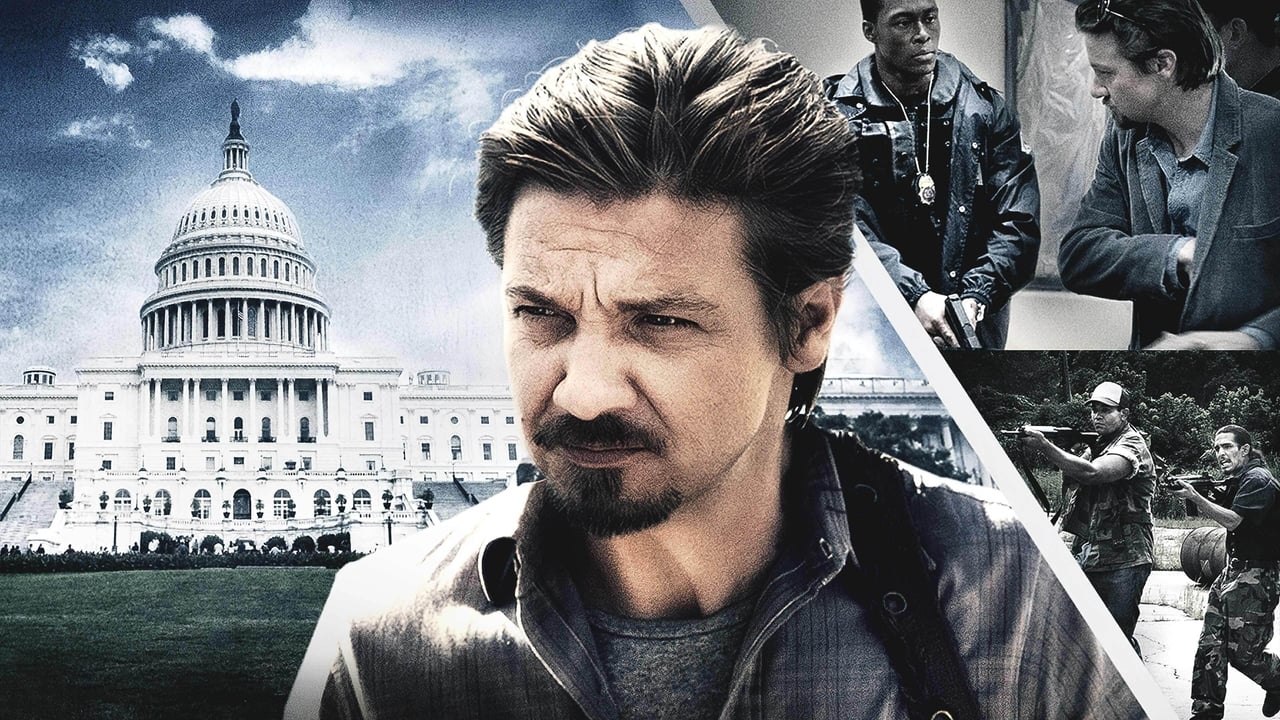

I think this is a new genre that they're all sort of working their way through it and haven't got all the kinks worked out yet but it's a genre that works for me.
... View MoreA movie that not only functions as a solid scarefest but a razor-sharp satire.
... View MoreA clunky actioner with a handful of cool moments.
... View MoreThe story, direction, characters, and writing/dialogue is akin to taking a tranquilizer shot to the neck, but everything else was so well done.
... View MoreThis all the beginning of the end of the free press in america with REAGAN don't think he killed himself
... View MoreIt's difficult to believe that this came out three years ago. As far as films go, what could possibly be more relevant? For those that are not familiar with the subject matter, I won't include any intentional spoilers, but it's pretty compelling.Integrity and ethics are now going extinct in the world of American journalism. Too many gave in to greed and violence, but it's difficult to hold it against those who folded. Some people will attempt to place tremendous pressure on whistleblowers, their families, and apparently anyone around them! Maybe there will come a day when enough people will stand up for integrity and ethics? Or maybe there won't be anyone left to stand up for? Anyways, good film!
... View MoreI absolutely love Jeremy Renner in this docudrama. To me this is only more proof that many branches of the government are not properly regulated, and who pays for their deception? We do, as a country and as a people. Whether it be the reporter who breaks the story or the communities involved; the public, no matter who it may be, are the ones left to pick up the pieces.This movie pulled back the elusive, "Iron Curtain", that is the CIA, and Webb paid the ultimate price. To expect anyone to believe a man committed suicide by shooting himself, not once but twice, in the head just proves further how naive the government truly believes us to be.
... View MoreI saw this movie with great expectations and sure enough it started quite intriguingly, the plot seemed politically driven and interesting enough so was the presentation but as the movie crossed the first half all the build up sort of went down the drain and you could easily qualify the second half as banal, insipid, too bland and uneventful. Now I know this movie was based on real life events but even so there should be enough story to pull the movie full length. The director seemed to be struggling with and confused about/between the boundaries of realism and theatrics-this could've been a great commercial movie if handled appropriately or even a great biography if done sensitively enough yet the end product here came across as half-baked neither real nor commercial. The ending is so pointless that you almost feel why was the story even selected to be told and if it was then why was it the screen writing/script climax so mundane at the end. Watch it for the first half though.
... View More